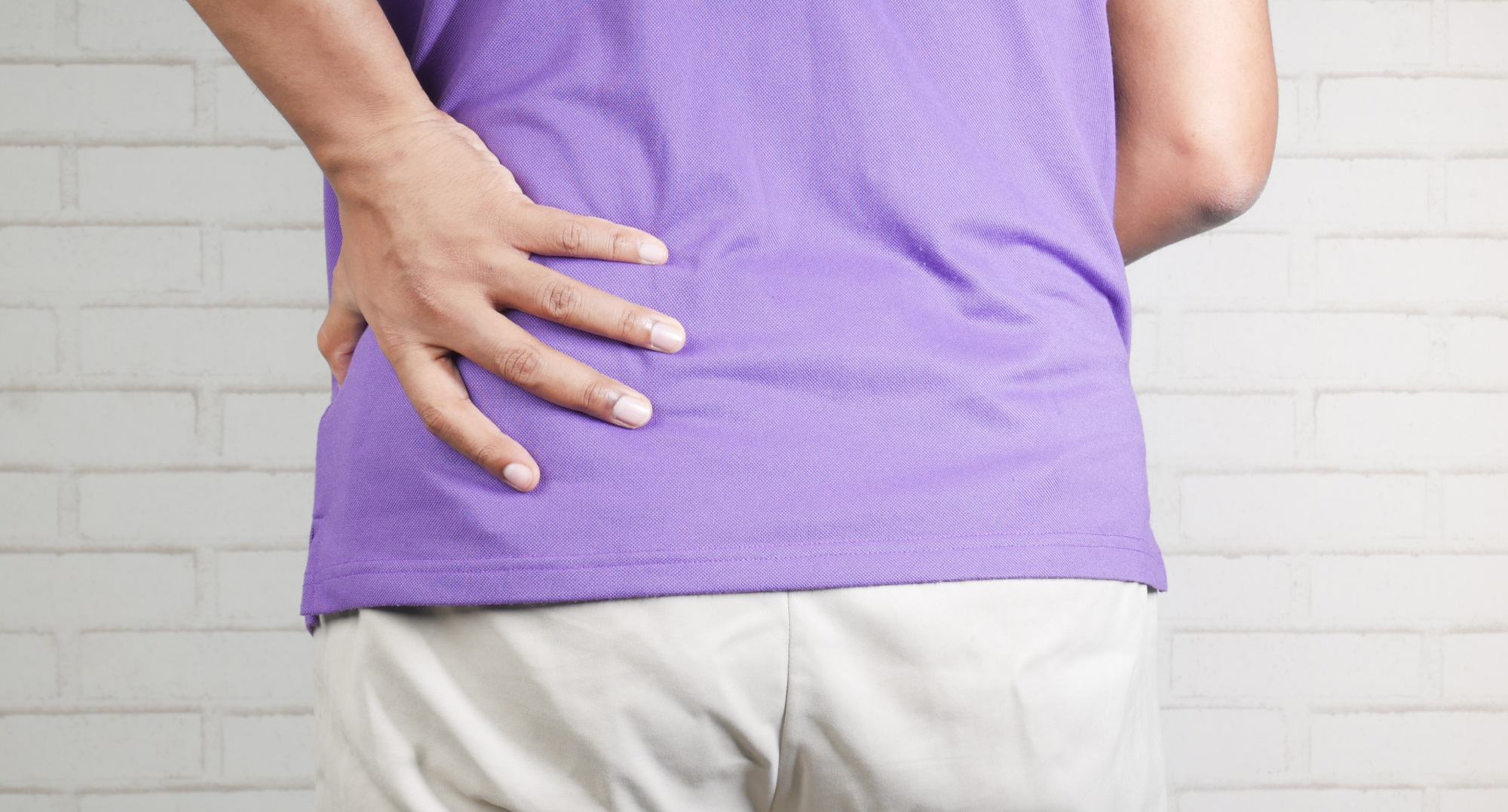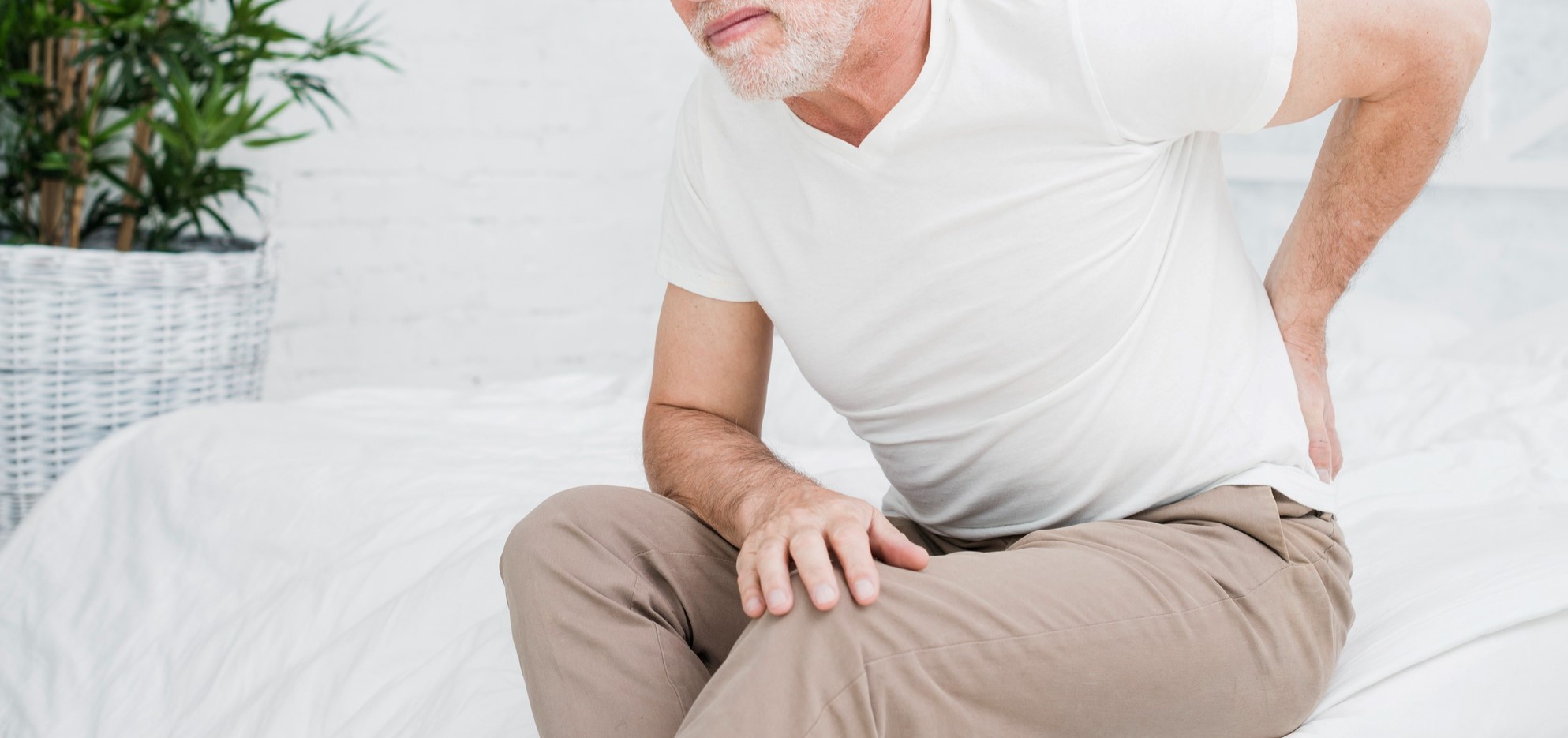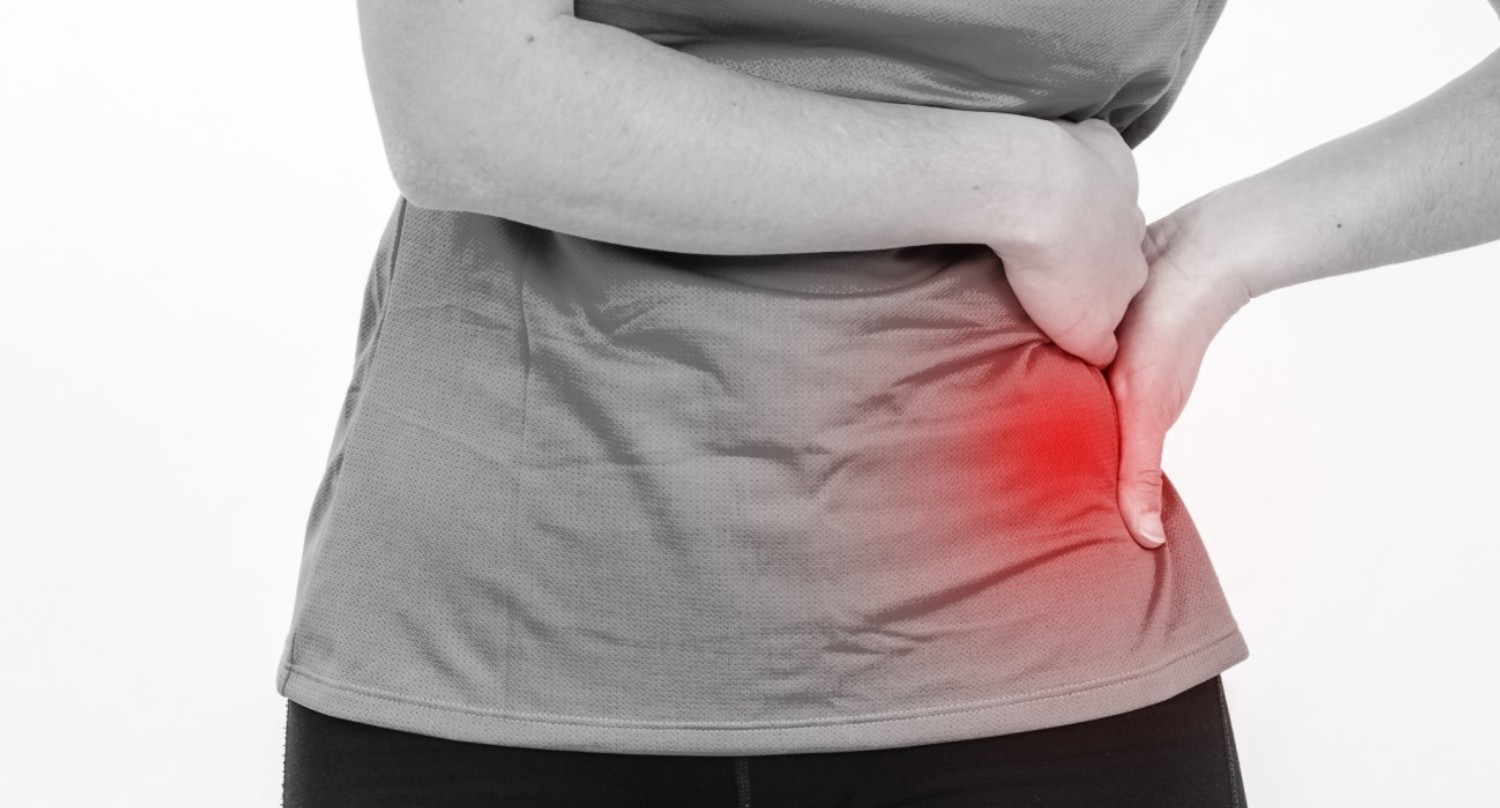Introduction to Hip Pain
Hip pain, a common complaint among individuals of various ages, often arises while walking. It can range from a mild annoyance to a severe condition impacting daily activities. The hip, a ball-and-socket joint, is important for lower body movement, bearing the body’s weight in static and dynamic states. Understanding hip pain in the context of walking is essential for identifying potential causes, seeking appropriate medical care, and adopting preventive measures.
Common Causes of Hip Pain While Walking
Hip pain while walking can stem from a variety of causes, ranging from temporary muscle strain to more chronic conditions. Some of the common reasons include:
- Osteoarthritis: This degenerative joint disease is one of the most frequent causes of hip pain, especially in older adults. Osteoarthritis occurs when the cartilage cushioning the bones wears down, leading to pain and stiffness.
- Tendinitis: Tendinitis is the inflammation of tendons, the thick cords that attach muscles to bones. Repetitive strain or overuse can lead to tendinitis in the hip, causing pain during movement.
- Bursitis: Inflammation of the bursae, small fluid-filled sacs that cushion bones, tendons, and muscles near joints, can lead to hip pain. Trochanteric bursitis, affecting the outer part of the hip, is a common type in this category.
- Muscle or Ligament Strain: Overuse, injury, or strain on the muscles and ligaments supporting the hip can cause acute pain, particularly when walking.
- Hip Fractures: Hip fractures are more common in older adults, especially those with osteoporosis. A fracture can cause sudden, severe hip pain and is a medical emergency.
- Labral Tear: The labrum, a ring of cartilage surrounding the outer rim of the hip joint socket, can tear due to injury or repetitive motions, causing pain and stiffness.
- Sciatica: This condition involves pain along the sciatic nerve, which runs from the lower back through the hips and buttocks, down each leg. It can cause sharp pain in the hip area.
Each of these conditions presents differently, and their impact on walking varies. Accurate diagnosis is crucial for effective treatment.
Treatment Options for Hip Pain
The treatment of hip pain varies depending on the underlying cause and severity of the condition. It ranges from self-care and physical therapy to medication and, in some cases, surgery.
Self-Care and Lifestyle Changes
Initial treatment often involves rest, ice, compression, and elevation (RICE protocol) to reduce pain and swelling. Modifying activities to avoid motions that exacerbate the pain is also advised.
Physical Therapy
A physical therapist can design a program to strengthen the muscles around the hip, increase flexibility, and improve the range of motion. This is particularly beneficial for conditions like tendinitis and bursitis.
Medications
Over-the-counter pain relievers such as ibuprofen or acetaminophen can be effective in managing pain. In cases of severe inflammation, a doctor might prescribe stronger anti-inflammatory medications.
Injections
For persistent pain, corticosteroid injections into the hip joint or bursae can provide temporary relief. This treatment is often used for conditions like bursitis or arthritis.
Surgery
In cases where conservative treatments fail, surgery might be necessary. Options include arthroscopy to repair torn cartilage, osteotomy to realign bones, or in severe cases, total hip replacement.
In many cases, a combination of these treatments is used for optimal results.
Lifestyle and Home Remedies
In addition to medical treatments, certain lifestyle changes and home remedies can be beneficial in managing hip pain. These include:
- Exercise: Regular, low-impact exercises such as swimming, walking, or cycling can strengthen the muscles around the hip and improve flexibility. Exercise also helps in maintaining a healthy weight, reducing the stress on the hip joint.
- Heat and Cold Therapy: Applying ice packs can reduce inflammation and alleviate pain, especially after activity. Heat therapy, such as warm baths or heat pads, can relax muscles and improve joint movement.
- Healthy Diet: A balanced diet rich in calcium and vitamin D is important for bone health. Foods rich in omega-3 fatty acids, like fish and nuts, can also help reduce inflammation.
- Ergonomic Adjustments: Using supportive footwear, sitting on chairs with good back support, and sleeping on a mattress that provides adequate support can help in reducing hip strain.
- Stress Management: Techniques like yoga, meditation, or tai chi can help manage the stress that often exacerbates pain conditions.
These lifestyle adjustments can play a significant role in managing hip pain and improving overall quality of life.
When to See An Orthopaedic Surgeon
While many cases of hip pain can be managed with home remedies and lifestyle changes, it is important to know when to seek medical attention. Consult your orthopaedic surgeon in the following situations:
- Persistent or Worsening Pain: If the hip pain does not improve with home treatment, or if it worsens over time, it is advisable to see a doctor.
- Severe Pain: Sudden, intense hip pain, especially following an injury, requires immediate medical evaluation.
- Limited Mobility: Difficulty in moving the hip or leg, or an inability to bear weight on the affected side, indicates the need for a medical assessment.
- Signs of Infection: Fever, redness, or warmth around the hip joint are signs of infection and require prompt medical attention.
- Other Symptoms: Unexplained weight loss, prolonged stiffness, or joint pain in other parts of the body alongside hip pain should be evaluated by a healthcare professional.
Early diagnosis and treatment of hip pain can prevent further complications and improve long-term outcomes. Therefore, it is important to listen to your body and seek medical advice when symptoms suggest a more serious condition.
Conclusion
Hip pain while walking can significantly impact an individual’s quality of life. It’s important to be proactive about hip health, especially as one ages or if engaged in activities that put additional stress on the hip joint. Seek advice from your orthopaedic specialist to determine the most appropriate treatment for your specific condition.




